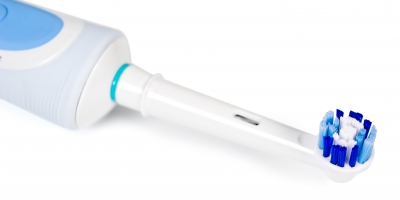“I want to schedule a cleaning”
“I want to schedule a cleaning.”
Isn’t this is the way many new patient phone calls start? It’s a straightforward and very common question. It’s what patients know how to ask for.
But what happens next doesn’t need to be common at all. How this simple question is answered sets the tone for your office. And the ability to establish relationships with patients is critical – it’s what keeps people coming back. Relationships lead to loyalty.
Patient: “I want to schedule a cleaning.”
Front desk: “Great, I’d love to help you with that. But first, how are you today?”
The simple act of asking someone something about themselves is powerful. It allows you to learn something about the caller, and the caller sees that you care. A relationship is started. Take the time to find out what made them seek care at your office. What are they looking for in their dental home? What went right or wrong at the last office?
Take notes and share this information. Remember to welcome the patient at their first visit using some of the information they gave. Don’t ask the patient to repeat the same information. These things show them that you know who they are, and you are ready to see them.
 What if we didn’t dive right into the appointment when our patient is brought back to the treatment room? What if we took a moment to see if they had anything going on in their life that would be helpful to know about? Maybe a divorce, an upcoming wedding, a new baby or a recent change in job. These things help us to understand what “pulls” people are experiencing, which allows us to better serve and understand them.
What if we didn’t dive right into the appointment when our patient is brought back to the treatment room? What if we took a moment to see if they had anything going on in their life that would be helpful to know about? Maybe a divorce, an upcoming wedding, a new baby or a recent change in job. These things help us to understand what “pulls” people are experiencing, which allows us to better serve and understand them.
What is their stress level? These things effect peoples’ health, and may influence their ability to make, keep, or pay for appointments. If it is a new patient, ask them what their expectations are for your office. By asking patients what they expect, you can address issues before they arise, and build a relationship where the patient is satisfied.
Asking questions of co-workers is important too. Instead of assuming why someone did something, what if you asked them? The answer might surprise you. I have found that most of the time it was not what I assumed at all. Usually the person was acting in a way they thought would be helpful. Now that the information is shared a conversation can be had about what would work best with a chance to strengthen their relationship.
Or what if you asked your teammate, what can I do to help you? How would that make them feel, knowing that you cared about them and wanted their day to go well? And the response could be something so simple. Another question could be, what would you like me to know about your job? As an exercise, try pairing up in teams around the office and asking each other this very question.
Just sit and listen. Don’t offer help or problem solve. Just listen to what they need.
A lot can be learned by paying attention to patients and team members. Maybe all they really need is a cleaning. But you will have learned a lot more with a simple question.


